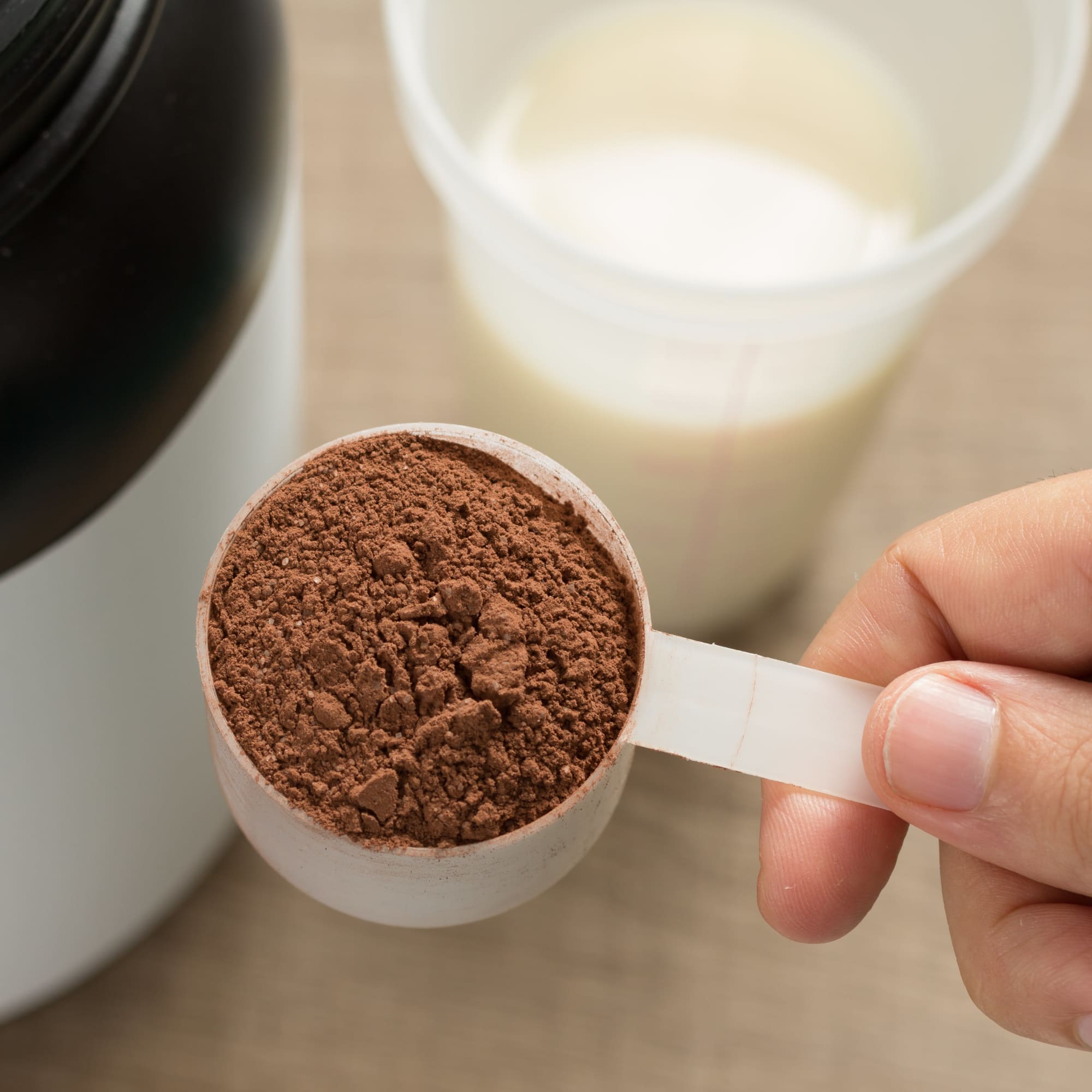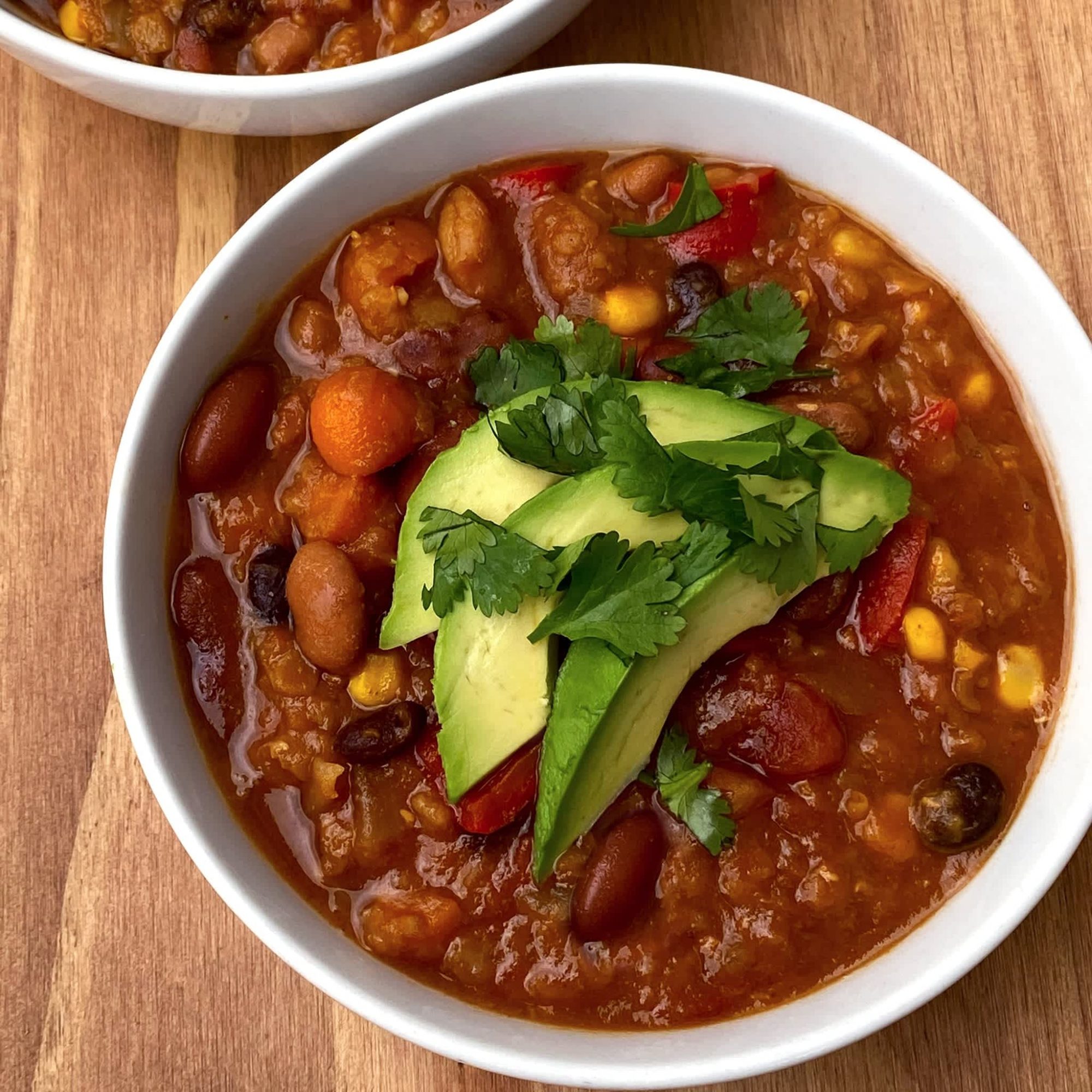
- POPSUGAR Australia
- Fitness
- Are Protein Drinks Safe For Tweens and Teens? 2 Doctors Share What You Need to Know
Are Protein Drinks Safe For Tweens and Teens? 2 Doctors Share What You Need to Know

With protein coffee, protein smoothies, and Fruity Pebbles-flavored protein milkshakes being shared all over TikTok, teens and tweens on the app are eagerly hopping on all kinds of protein-enhanced trends. Fortified with vitamins and minerals, protein drinks and powders are well-known for being as nutritional as they are delicious, but are they appropriate for teenage consumption? We consulted board-certified doctor of family medicine Sanaz Majd, MD, and board-certified doctor of internal medicine Partha Nandi, MD, FACP, for the answers.
Are Protein Powders Necessary For Teens?
“The recommended daily allowance for a 13-year-old is 34 grams a day,” Dr. Nandi told POPSUGAR. “Girls between 14 and 18 years of age need 46 grams, and boys of that same age need 52 grams.” Protein drinks already have about 30 grams of protein, and that makes it easy for teens to exceed their daily allowance, especially since they’re designed to taste just like a milkshake. “Overdoing protein powders or drinks can actually be harmful,” Dr. Nandi said. “It can lead to calcium loss, dehydration, and kidney problems, especially if supplements contain creatine.” Protein is an essential nutrient in a teenage diet, but taking protein supplements is completely unnecessary. “Kids can easily reach their daily amounts by eating whole foods,” Dr. Nandi said. “Whole foods instead of a bunch of supplements are much safer, and they’ll get the added benefits of vitamins, minerals, and healthy fats that their body needs.”
Do Athletic or Highly Active Teens Need Protein Drinks?
Both Dr. Nandi and Dr. Majd both acknowledged that it can be tempting for athletic teens to use protein drinks to build muscle, but it’s neither the safest nor the most effective approach. “Athletes should skip the protein drinks, in my opinion, and instead focus on proper nutrition and hydration,” Dr. Nandi said. Switching between water and sports drinks supports athletic performance in teens way more than a protein drink will. “Teen athletes do need more protein to fuel their workouts – protein helps repair damage from exercise and builds muscles – but a body only needs a certain amount, so getting too much does not equal more muscle,” he explained. Dr. Majd agreed on its impracticality, adding that “the excess [protein] is converted to fat, or it’s excreted and eliminated from the body.”
What Is a Safe Alternative to Protein Drinks For Teens?
“Try making your own shakes using high-protein ingredients like milk, Greek yogurt, and cottage cheese,” Dr. Majd recommended. And for teens who are vegan or vegetarian like herself, Dr. Majd proposed adding tofu or nut milk to a smoothie, both of which alone are still better options than a protein drink. Though both Dr. Nandi and Dr. Majd strongly advised against teens adding protein drinks to their diet, it’s still not the worst option in the world if consumed in very careful moderation. “If you still opt for these drinks, read all the food labels before you buy,” Dr. Nandi said. “Avoid anything that contains added oils like sunflower oil, corn syrup, chemical preservatives, artificial colours and flavours, added sugars, and carrageenan.” Dr. Nandi agreed, and reminded parents that sometimes its best to let kids be kids and set the protein drink aside, because “a tall glass of chocolate milk will do the trick.”


